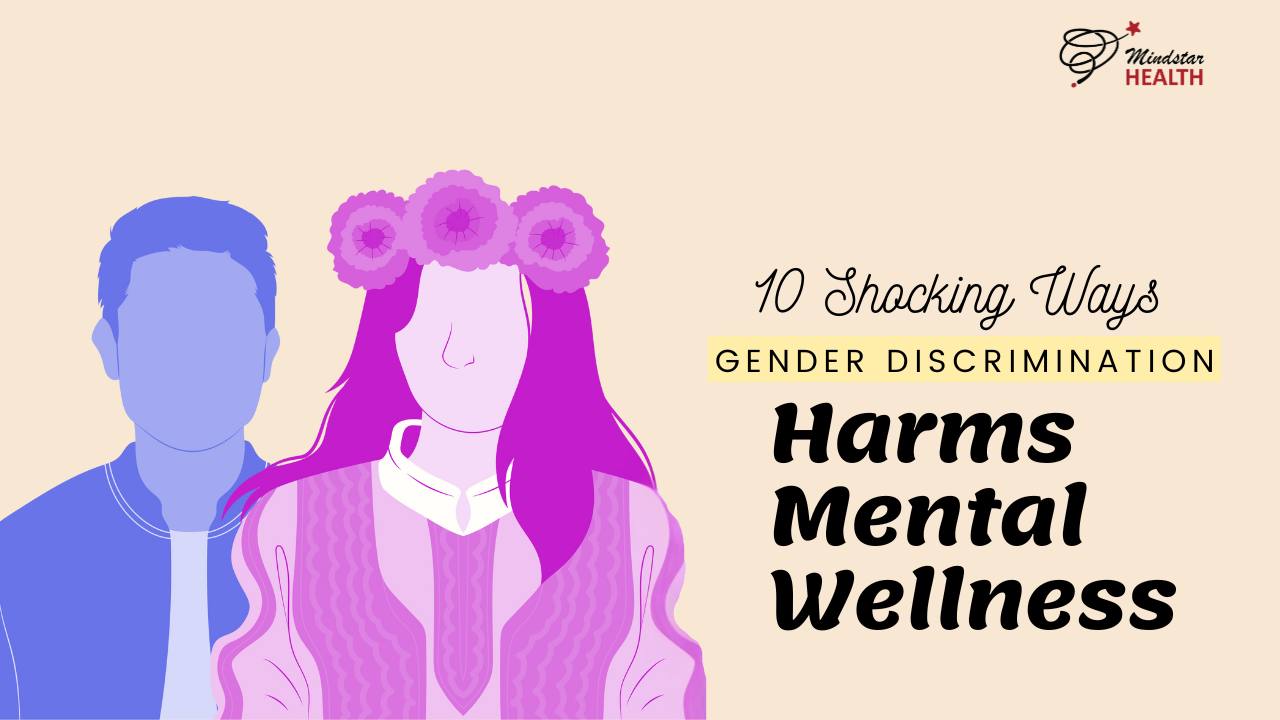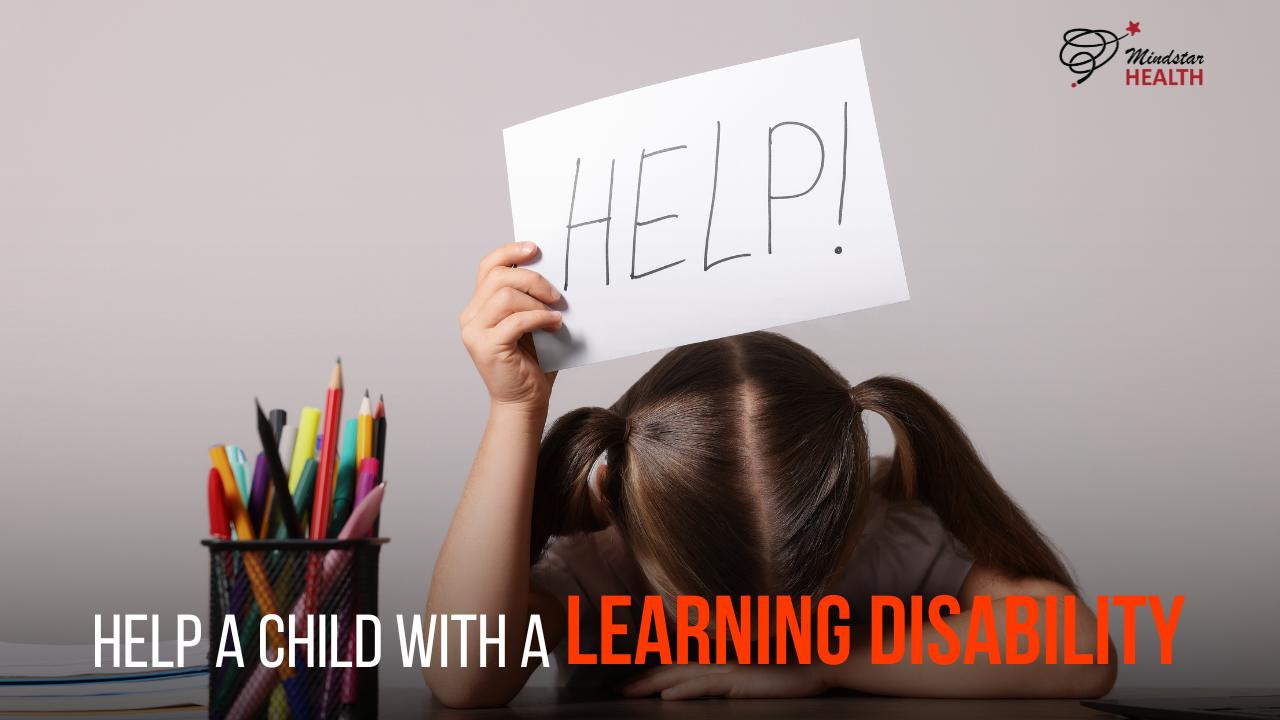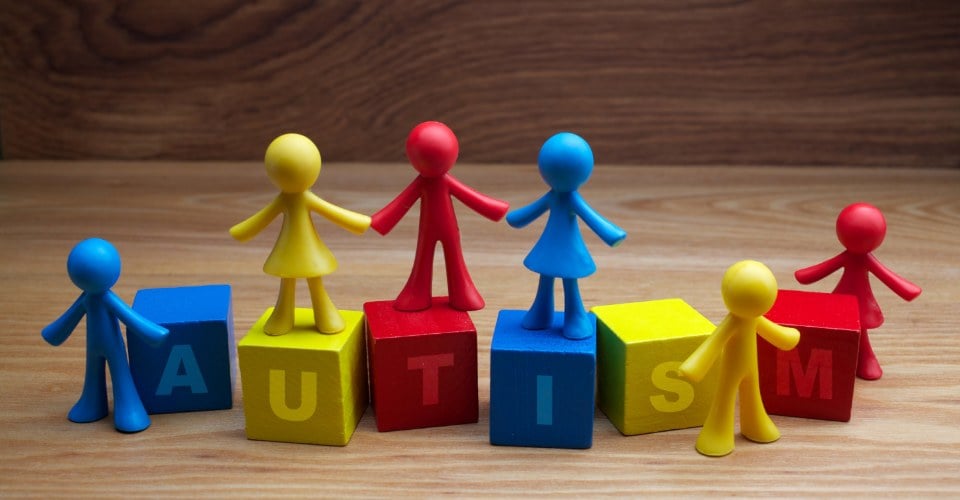Recovering from addiction is a significant journey. It involves both challenges and successes.
One of the most important steps in this process is Reimbursing. This action can help rebuild relationships, promote emotional healing, and support your recovery.
Consider these points:
- Reimbursing can restore trust with those you may have hurt.
- It encourages accountability and personal growth.
- It can lead to a sense of closure for both you and others.
To make amends effectively:
- Identify the people you need to approach.
- Reflect on your actions and their impact.
- Communicate openly and sincerely.
How will you approach this process? What steps will you take to ensure meaningful connections moving forward?
Making Amends
Reimbursing plays a crucial role in addiction recovery. It goes beyond a simple apology. It requires actively addressing the harm caused by past behaviors during substance abuse. This means recognizing the pain inflicted on others, taking responsibility for actions, and working to rebuild trust.
Embracing this step shows a commitment to personal growth and repairing relationships. It lays the groundwork for a healthier future.
Why Is It Important?
Addiction often leaves behind broken trust and hurt feelings. Reimbursing is about healing these wounds and creating a supportive environment for lasting recovery.
Key Benefits:
- Emotional Healing: Addressing past mistakes reduces guilt and shame, which are common burdens for those recovering from addiction.
- Strengthened Relationships: Reimbursing demonstrates to loved ones that recovery is taken seriously, fostering reconciliation and understanding.
- Personal Accountability: This step reinforces responsibility, a key element of effective recovery.
The Bigger Picture:
Research from the National Institute on Drug Abuse (NIDA) shows that effective addiction recovery programs often focus on improving social and family relationships. Reimbursing is a practical way to achieve this goal.oving social and family relationships. Reimbursing serves as a practical way to achieve this goal.
7 Steps to Making Amends
1. Acknowledge Past Actions in Addiction Recovery
Addiction deeply affects individuals and their loved ones. Whether it’s substance abuse, alcohol dependence, or other addictive behaviors, recognizing the consequences is crucial for healing. Acknowledging past actions opens the door to emotional recovery, Reimbursing, and achieving lasting recovery.
Impact on Relationships
Addiction strains relationships with family, friends, and coworkers. It often results in:
- Broken trust
- Emotional distance
- Communication barriers
Research indicates that nearly 80% of individuals in recovery find rebuilding relationships one of the toughest yet most rewarding challenges.
- Strained relationships: Addiction can lead to neglecting important connections, causing lasting emotional harm to those close to you.
- Emotional healing: Confronting past actions initiates emotional healing, essential for sustainable recovery.
Reflect on Behaviors Honestly
Honesty is vital in recovery. For those overcoming substance abuse, self-reflection is key to understanding how past behaviors fueled addiction. This process isn’t about self-blame; it’s about recognizing the damage done and finding ways to move forward.
- Self-awareness: Gaining self-awareness helps identify triggers and patterns, reducing the risk of relapse.
- Accountability: Taking responsibility for past actions promotes personal growth and emotional healing, setting the stage for a future free from substance abuse.
How do your past actions shape your present? What steps can you take today to foster healing and rebuild trust?
Recovery Steps and Prevention
Recognizing past actions is crucial in any recovery plan.
Substance abuse prevention focuses on:
- Self-reflection
- Reimbursing
- Addressing emotional issues linked to addiction
Relapse rates for addiction are significant. Yet, research indicates that those who participate in therapy and support groups have better chances for long-term sobriety.
The National Institute on Drug Abuse reports that individuals who engage in ongoing therapy and recovery steps have a 40% to 60% likelihood of achieving lasting success.
This underscores the need to confront past behaviors and prioritize emotional healing.
By acknowledging the effects of addiction, reflecting on past actions, and committing to recovery, you can rebuild your life and reduce the risk of future substance abuse.
2. Addiction and Its Impact on Relationships
Addiction impacts relationships deeply, causing emotional pain, broken trust, and damaged connections. Whether stemming from substance abuse or behavioral issues, addiction’s effects extend to friends, family, and colleagues. Reimbursing during recovery is vital for mending these relationships and achieving emotional healing.
The Importance of Reimbursing in Recovery
Reimbursing is a key step for those recovering from addiction. It allows individuals to:
- Confront the harm caused by their actions.
- Take responsibility for their behavior.
- Begin the journey toward emotional healing.
Though challenging, this process fosters personal growth and accountability, essential for moving forward in recovery.
- Rebuilding Trust: Amends help restore trust lost during addiction.
- Emotional Healing: Acknowledging past wrongs initiates emotional recovery.
- Restoring Relationships: This process offers a chance to mend relationships affected by addiction.
Substance Abuse Prevention and Its Role in Recovery
Prevention is crucial in breaking the addiction cycle and reducing relapse. Research indicates that early intervention programs can significantly lower the risk of long-term substance abuse. The National Institute on Drug Abuse reports that 40-60% of individuals recovering from addiction may relapse, but effective prevention strategies can mitigate this risk.
- Early Intervention: Addressing substance abuse early can prevent years of destructive behavior.
- Long-term Strategies: Education and therapy provide healthier coping mechanisms, essential for preventing addiction onset.
People Affected by Addiction
Addiction impacts many lives, not just the person struggling with it. Recognizing who is affected is vital for recovery.
Consider these groups:
- Immediate Family Members: Spouses, children, and parents often endure significant emotional strain. Their daily lives can be disrupted by the addiction.
- Close Friends: Friendships may suffer due to unpredictable behavior or unfulfilled commitments. Trust can erode, leading to isolation.
- Colleagues: Professional relationships can become strained. Addiction may result in conflicts at work and missed career opportunities.
Understanding the effects on these individuals is crucial. Acknowledging their pain allows for meaningful amends. This step is essential for healing and moving forward in recovery. How can you begin to address these relationships?ng amends, individuals can start to repair the damage caused and move forward in their recovery journey.
3. Understanding the Role of Counseling in Addiction Recovery
Addiction impacts the body, mind, and spirit. Substance abuse disrupts emotional and physical health, making targeted interventions essential for recovery. Emotional healing plays a vital role, and professional counseling can provide significant support. A counselor or sponsor can guide individuals through the recovery process, helping them make amends and address the root causes of their addiction.
The Role of Counseling in Recovery
Recovery from addiction is rarely straightforward. It requires emotional healing, overcoming setbacks, and Reimbursing. Working with a professional creates a structured environment that fosters clarity, coping skills, and healthy relationships.
Research indicates that individuals who participate in therapy during recovery tend to maintain sobriety longer. The National Institute on Drug Abuse (NIDA) reports that 40–60% of individuals relapse after treatment. However, therapy can lower these odds by offering ongoing support and a safe space for emotional processing.
Benefits of Professional Help
- Emotional Healing: Therapy allows individuals to explore past trauma, stress, and emotional triggers linked to substance abuse.
- Preventing Relapse: Counselors assist in developing strategies to prevent relapse, especially by addressing co-occurring mental health issues like depression or anxiety.
- Substance Abuse Prevention: Regular counseling sessions focus on building resilience, coping mechanisms, and life skills to help avoid future substance abuse.
Have you considered how professional support could impact your recovery journey?
Reimbursing in Recovery
Reimbursing plays a vital role in recovery. It promotes emotional healing and helps rebuild relationships.
Counselors often assist individuals in addressing past mistakes. This process encourages empathy and understanding, which can restore self-worth.
Combining emotional healing with substance abuse prevention enhances the likelihood of lasting sobriety.
A strong commitment to recovery, supported by professional guidance, lays the groundwork for a healthier, more fulfilling life.
4. Addiction Recovery and Emotional Healing: A Comprehensive Guide
Addiction significantly affects lives, causing harm to both individuals and their families. Recovery requires a comprehensive approach. It’s not just about stopping substance use. It involves healing emotional wounds, Reimbursing, and establishing a solid foundation for lasting recovery.
Emotional Healing in Recovery
Emotional healing is vital in overcoming addiction. Unresolved emotional pain often drives harmful behaviors, including substance abuse. By addressing these issues, individuals can:
- Rebuild self-esteem.
- Develop healthier coping strategies.
Emotional resilience helps manage triggers that may lead to relapse.
Therapy and support groups are crucial for navigating the emotional challenges of recovery.
Substance Abuse Prevention: A Stronger Future
Preventing relapse is a key focus in recovery. The National Institute on Drug Abuse (NIDA) reports that 40-60% of individuals in recovery relapse. This highlights the need for ongoing support and effective prevention strategies.
Effective prevention measures include:
- Cognitive Behavioral Therapy (CBT): This helps identify and change negative thought patterns linked to substance use.
- Mindfulness techniques: These reduce stress and enhance emotional awareness.
- Support networks: They offer encouragement and accountability throughout recovery.
How do you plan to incorporate these strategies into your recovery journey?
Making Amends: Restoring Relationships
Reimbursing is an important part of recovery. It’s not only about seeking forgiveness.
It requires:
- Acknowledging the harm caused by addiction.
- Taking responsibility for your actions.
- Working to rebuild trust.
The process differs for each person and their unique situation.
Recovery from addiction is complex and ongoing.
It demands emotional healing and a focus on preventing substance abuse.
With the right support and a commitment to personal growth, you can overcome addiction and create a healthier, more fulfilling life.
5. Take Action, Not Just Words: The Importance of Emotional Healing in Addiction Recovery
Addiction impacts individuals and their relationships, work, and social lives. Recovery is a journey with several stages, and emotional healing is crucial. It goes beyond just overcoming physical dependence on substances; it involves tackling the emotional wounds that fuel addictive behaviors.
Recognizing the Connection Between Addiction and Emotional Healing
Many people facing addiction struggle with unresolved emotional trauma, mental health issues, or ineffective coping strategies. Emotional healing requires confronting painful emotions, understanding the triggers behind addiction, and developing healthier methods to cope with stress, anxiety, or depression.
Research indicates that 40-60% of individuals recovering from substance use disorders may relapse. This statistic highlights the need for emotional and mental support during recovery. Without addressing emotional healing, the risk of addiction returning increases.
Making Amends: A Key Step in Emotional Healing
Reimbursing is vital for those in recovery. It rebuilds trust, repairs relationships, and fosters a healthier environment for ongoing recovery.
Saying “sorry” is not enough. Genuine change comes from consistent, positive actions.
Research from the National Institute on Drug Abuse (NIDA) shows therapy significantly impacts recovery. Participants in therapy have a 50% higher rate of sustained recovery than those who do not engage in it.
Preventing substance abuse is crucial to breaking the addiction cycle.
- Early emotional healing is key.
- A strong support system builds resilience.
- Recovery steps, like Reimbursing, enhance connections and accountability.
Emotional healing is not just personal; it forms the foundation of true recovery.
6. Addiction and Recovery: A Path to Emotional Healing
Addiction impacts millions globally, affecting individuals and their communities. Recovery is a journey requiring commitment, emotional healing, and support. Understanding the steps involved is crucial, including making amends and preventing relapse.
Emotional healing plays a vital role in recovery. Many individuals struggle with unresolved psychological issues that contribute to addiction. The National Institute on Drug Abuse (NIDA) reports that 40-60% of those in recovery may relapse, highlighting the need to address emotional wounds.
Key aspects of emotional healing include:
- Self-awareness: Recognize triggers and emotions linked to addiction.
- Therapeutic support: Engage in counseling, psychotherapy, and peer support groups for emotional growth.
- Building resilience: Develop coping strategies to handle stress and challenges during recovery.
Reflect on your own experiences. How can you apply these insights to support yourself or someone you know in recovery?
Addiction and Substance Abuse Prevention
Substance abuse prevention is crucial in addressing addiction. Prevention programs provide individuals, particularly youth, with skills to resist peer pressure and manage emotional challenges without turning to substances.
Prevention Insights:
- A study by the Substance Abuse and Mental Health Services Administration (SAMHSA) shows that participation in prevention programs reduces the likelihood of developing substance abuse issues by 30%.
- Early intervention in youth significantly decreases future addiction risks. Programs focusing on mental health and emotional wellbeing have shown effectiveness.
Respecting Boundaries in Recovery
During emotional healing, respecting boundaries is essential, especially in rebuilding relationships. Not every relationship can or should be repaired. Some boundaries must remain to prevent further harm.
Key Considerations:
- Relationship dynamics: Recognize that some relationships may be irreparable. Forcing reconciliation can lead to more harm.
- Healthy distance: Setting boundaries protects the emotional safety of both parties involved in recovery.
Focusing on emotional healing, making amends when possible, and prioritizing substance abuse prevention can guide individuals in recovery toward lasting change and personal growth.
7. How to Forgive Yourself for Addiction Recovery
Forgiving yourself plays a crucial role in overcoming addiction. The journey often brings feelings of shame, guilt, and self-blame, which can hinder progress. Self-forgiveness isn’t about excusing past actions; it’s about understanding and accepting yourself as you navigate recovery. Here are some steps to help you start this process:
- Practice Self-Compassion
Begin by treating yourself with kindness. Addiction can lead to harsh self-judgment. Recognize that recovery is tough, and you are doing your best. Speak to yourself as you would to a friend—gently and with understanding. This shift can help break negative self-talk and promote emotional healing.
- Acknowledge the Pain and Its Impact
Recognize the pain addiction has caused, both to yourself and to others. Acknowledging this harm allows you to take responsibility while freeing you from the burden of guilt. Understand that your past actions stemmed from addiction, not from your true character. This realization is vital for healing.
- Recognize Progress in Your Recovery Journey
Recovery isn’t a straight path, and healing takes time. Celebrate your progress, no matter how small. Each day of sobriety, every step toward healthier habits, and moments of self-awareness build a stronger foundation for your future. Focusing on these achievements reinforces your worthiness of forgiveness and your ability to create a healthier, fulfilling life.
Forgiving yourself takes time. It’s not something you do once and forget. Self-compassion plays a key role.
Acknowledge your past.
Recognize the progress you’ve made.
These steps help you heal emotionally and keep you moving forward in your recovery.
Key Challenges
Reimbursing is crucial in recovery, but it comes with obstacles.
- Rejection: Some people may not be ready to reconcile. This can be emotionally difficult.
- Complex Emotions: Guilt and regret may arise, necessitating extra emotional support.
- Boundaries: Certain relationships require careful handling to prevent further harm.
Focusing on Reimbursing allows individuals in recovery to create a brighter future, moving beyond the impact of addiction. This step is challenging but essential for personal and emotional freedom.
The Importance of a Support System
A strong support system is vital during recovery. It eases the journey and offers guidance and encouragement.
Peer Groups
- Benefits: They foster accountability and a sense of belonging.
- Stats: The Substance Abuse and Mental Health Services Administration (SAMHSA) states that individuals in support groups are twice as likely to maintain sobriety.
Therapists and Counselors
- Benefits: They help navigate emotional challenges and develop communication strategies for Reimbursing.
- Stats: Research shows 85% of those in therapy report better emotional health during recovery.
Family Support
- Benefits: Family members provide emotional support, celebrate achievements, and reinforce positive changes. They help create a stable environment.
- Stats: Family-inclusive recovery programs see a 40% increase in sustained recovery rates.
Consider how these support systems can impact your recovery journey. What steps can you take to strengthen your support network?
Key Takeaways
- Reimbursing is crucial for emotional healing and trust-building.
- It requires honesty, action, and respect for others’ boundaries.
- Professional guidance and support systems are essential.
At a Glance
- What It Is: Reimbursing is an essential step in addiction recovery, focusing on repairing relationships and addressing harm caused during addiction.
- Why It Matters: It promotes emotional healing, reduces guilt, and rebuilds trust with loved ones.
- Key Steps: Acknowledge past actions, create a list of those affected, seek guidance, take action, and respect boundaries.
- Challenges: Facing rejection, managing emotional strain, and navigating complex relationships.
- Support Needed: Peer groups, therapists, and family members play vital roles in ensuring success.
- Outcome: Reimbursing fosters personal growth, strengthens recovery, and helps establish a fulfilling, substance-free life.
FAQs
Q: What if someone refuses to forgive me?
A: Focus on your efforts and growth. Not everyone may be ready to reconcile, and that’s okay.
Q: Can I make amends without direct contact?
A: Yes, writing a heartfelt letter or making a charitable gesture can also help.
Q: How does making amends help with recovery?
A: It reduces guilt, strengthens relationships, and promotes emotional well-being.
Conclusion
Reimbursing is a transformative step in addiction recovery. While the process may be challenging, it’s a powerful way to heal relationships, rebuild trust, and move forward. Remember, recovery is a journey, and each step brings you closer to a healthier, happier life.






















Leave a Reply
You must be logged in to post a comment.